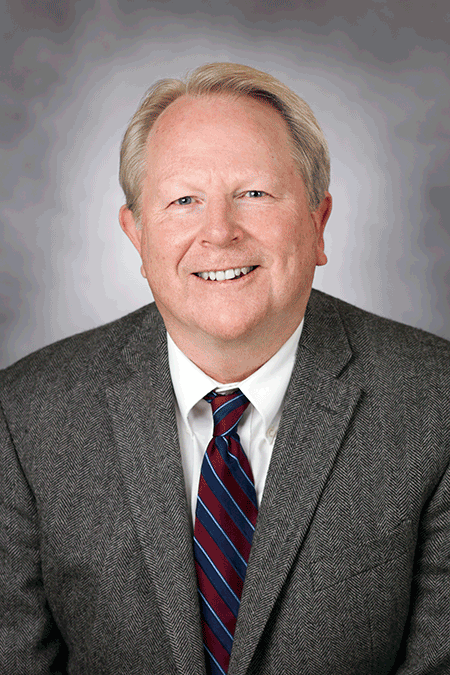A charity says it is vital that new funding is found for a large study into the potential of the drug suramin.
The call comes after the medicine showed promising results in a trial featuring children with autism.

Dr Robert Naviaux: trying to raise £1.5m for a larger, follow-up study on suramin
Suramin has been around since 1916, but doctors normally use it to treat sleeping sickness.
Now, UK charity Treating Autism says more money is crucial to investigate suramin’s potential for autism.
Suramin created temporary improvements
Researchers at the University of California San Diego School of Medicine carried out a pilot trial. When they gave suramin to children with autism they found the youngsters showed temporary improvements in core symptoms.
Natasa Blagojevic is the lead advocate with Treating Autism. She said: “Without it (new funding) the whole thing will just fall through … without moving forward with larger trials.”
The study examined 10 boys aged between five and 14. Researchers gave five a single injection of suramin. They gave the other five a placebo, or inactive treatment, for comparison.
The trial was double-blind. Neither the researchers nor families were aware of which children took suramin or the placebo.
Study limitations
However, the study had limitations. One of these was its small size. Another was that all the children who took suramin developed a mild rash, thereby undermining the double-blinding procedure.
Nevertheless, all five children who trialled suramin displayed a range of improvements. These gains took place in language, social and coping skills, and in restricted or repetitive behaviours. The placebo group was unchanged.
Cell danger response theory
Researchers say the findings support the “cell danger response theory”. This is where the body’s cells are permanently on a heightened state of alert for a viral attack. The process blocks normal cellular activity.
Suramin works by protecting cells from this response. However, the drug can have side-effects. These include nausea, vomiting, diarrhea and abdominal pain.
Dr Robert Naviaux was the lead researcher. He said the next step is to conduct a larger trial to see whether a few doses “definitively improve” core symptoms.
He is trying to raise around $2m (£1.5m) for a trial involving 40-60 participants.
His team’s research appeared in the Annals of Clinical and Translational Neurology.
Published: 7 June 2017















